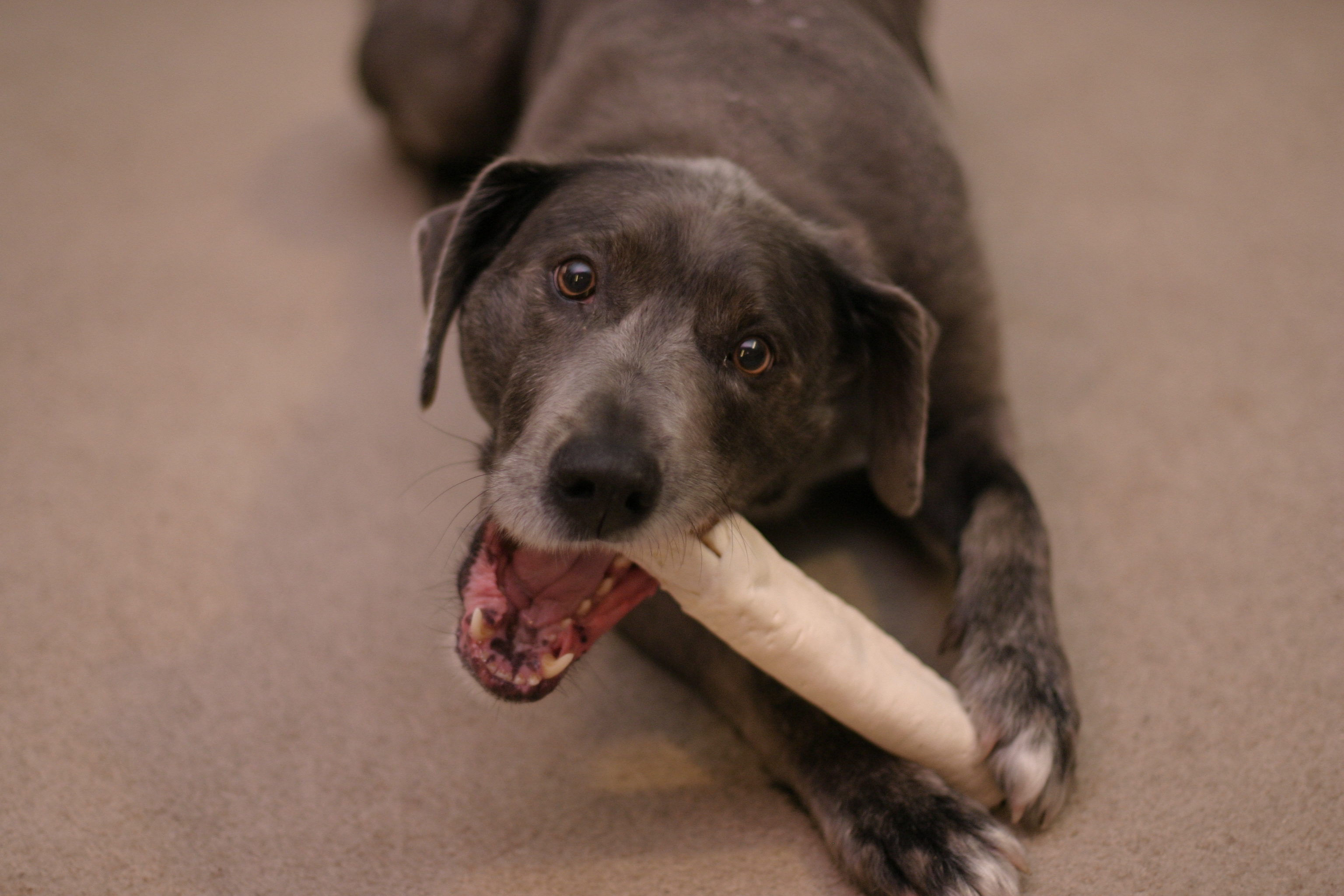Julian Omidi is an advocate for the ethical treatment and protection of animals. In the following article, he discusses common myths about pet food.
Research by veterinarians has exploded several common myths about commercial pet foods. Experts warn that not all commercial foods are bad for our dogs and cats, but marketing trickery abounds in the high-stakes world of pet cuisine.
Everything from “gourmet” to “life-cycle” foods are sold to pet owners under the guise of better nutrition and longer lives for our beloved, four-legged companions. When you head to the store to purchase food for Fido or Mittens, remember to read labels and ingredient lists carefully. That way, you will have a leg up on the slick marketing gurus who sometimes push empty calories and low-nutrition foods.
Here are the top three misconceptions, myths and outright lies about pet food:
Myth # 1: Vets sell the healthiest products.
Those over-priced, so-called gourmet foods sold at veterinarian offices are usually a waste of your money. Though they sports clever names and fancy packaging, the foods are no better for your pet than normal brands. A quick look at the ingredient label of these “top of the line” products reveals the truth. Most of them consist of nothing more than protein derived from grain and rice, not animal sources.
Dogs and cats need to consume protein from animal sources, so those ingredients should be listed first on the package of any product you purchase. In fact, pet foods with high grain content are the likely culprit behind the growing problem with animal obesity, malnutrition and allergies. Read labels and opt for animal protein sources in your dog and cat foods.
Myth # 2: Table scraps are bad for dogs and cats.
You need not do a lot of thinking to figure the motive behind this myth. If you feed you pets healthy table scraps, you’ll end up purchasing fewer commercial products. Dog and cat food manufacturers have purveyed this myth for decades, and have watched their profits climb as a result of pet owners’ gullibility.
Vets say you should keep in mind that “people foods” are OK as long as they are nutritious and not overly processed. Things like baked potatoes, cooked meats, rice and vegetables are no problem. Also, remember that experts advise decreasing the amount of pet food you give to your animal in proportion to the amount of people food they eat.
Myth # 3: Dry pet foods promote clean teeth.
This myth gets the full-count “false” buzzer! It’s another myth the food producers would like us to swallow. Dry food is actually NOT good for animal dental health. Because their teeth are so pointed, dogs and cats only make direct contact with dry food on the tips of their teeth. Thus, the gums and lower parts of teeth receive no cleaning effect or exercise.
To keep your pet’s teeth clean, choose natural animal foods, make sure dogs and cats use chews, and brush their teeth regularly. Click here for an informative article about the proper way to take care of your pet’s teeth.
Our pets are descendants of wild animals but live radically different lives than their ancestors. That’s why we need to pay close attention to their dietary and health needs. They need proper foods as well as regular dental and medical care in order to live long, happy lives. Let’s all make sure out pets get what they need, and stop buying into all the marketing myths.
Be good to each other (and to your pets!),
Julian Omidi
Julian Omidi and his brother, Michael Omidi are co-founders of Animal Support as well as several other charities, including No More Poverty. The Omidi brothers devote their time and financial resources toward the eradication of animal abuse, childhood obesity and global poverty.

